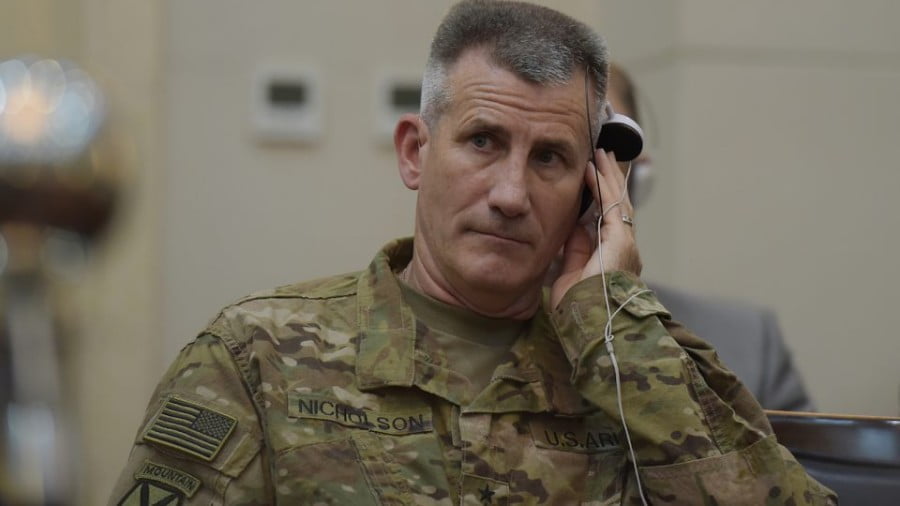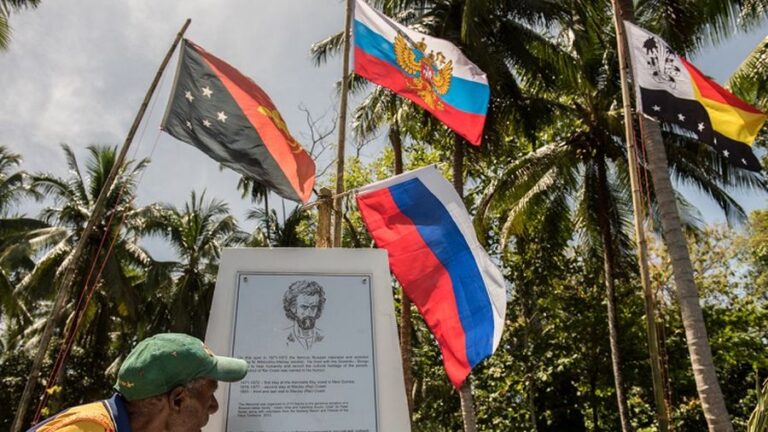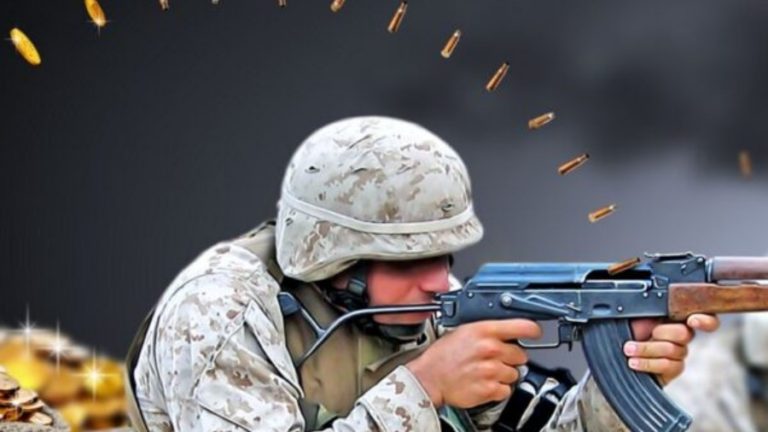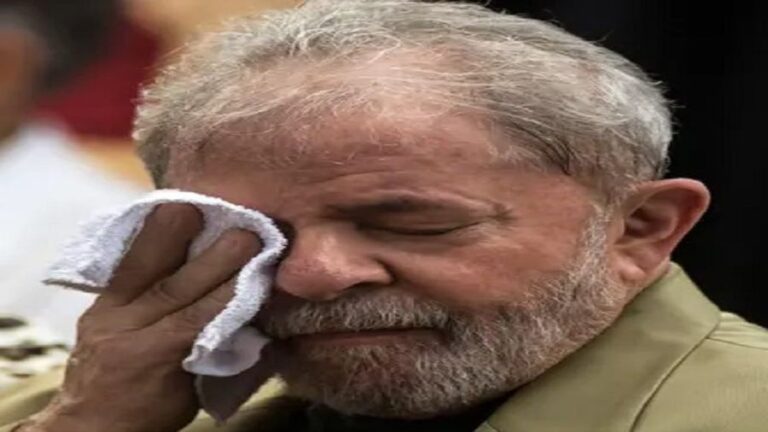Regional Cooperation on Afghanistan Remains a Chimera
The international conference on Afghanistan, scheduled to take place in Tashkent on Monday, seems doomed to become yet another inconsequential event. Washington is the prime mover behind the conference, which will be co-chaired by the presidents of Uzbekistan and Afghanistan. But, ironically, the US has undermined its own initiative at the last minute.
The Tashkent conference under the rubric “Peace Process, Cooperation in the Sphere of Security and Regional Interaction” brings together Afghanistan, the five Central Asian countries and other important stakeholders in the region (Pakistan, Iran, India, Saudi Arabia, the UAE, Russia and China) and select western powers. The US Undersecretary of State for Political Affairs Thomas Shannon, Russian Foreign Minister Sergey Lavrov and Pakistani Foreign Minister Khawaja Muhammad Asif are expected to attend.
However, at the penultimate hour, the US has thrown a wrench at the wheel. On Friday, the US commander in Kabul General John Nicholson in an exclusive interview with the BBC launched a tirade against Russia’s role and intentions in Afghanistan, describing them as “destabilizing activity by the Russians.” Nicholson alleged that Russian weapons are being smuggled across the Tajik border to the Taliban. “We know that the Russians are involved,” he asserted.
Nicholson went on to make a startling assessment that Afghanistan is becoming a template of the New Cold War between the West and Russia: “This activity really picked up in the last 18 to 24 months. Prior to that we had not seen this kind of destabilizing activity by Russia here. When you look at the timing it roughly correlates to when things started to heat up in Syria. So it’s interesting to note the timing of the whole thing.”
This is the first time ever that the US has spoken about the Afghan war as a hybrid war like Syria or Ukraine. Notably, Nicholson spoke soon after the visits to Kabul in successive weeks by the US Defence Secretary James Mattis and the chairman, Joint Chiefs of Staff General Joseph Dunford.
Nicholson’s remarks betray frustration that the Tashkent conference, which it pioneered, may not meet its original objectives. The Taliban refused to accept the invitation to the conference, sensing that the US game plan is to split it into factions and simply co-opt those splinter groups that may acquiesce with the open-ended western occupation of Afghanistan.
The bitter experience of Gulbuddin Hekmatyar’s Hezb-i-Islami, which reconciled with the Kabul government and is now reduced to a Rump, has alerted the Taliban to the trap ahead. During his recent visit to Kabul, Mattis had hinted that there are elements within the Taliban who are willing to compromise with the US.
Fundamentally, the Tashkent conference is anything but a “stand-alone” event. The US intention was to launch a “process” to shore up regional support for its (and NATO’s) open-ended military presence in Afghanistan. But New Delhi is the only regional capital, perhaps, that is enthusiastic about the Trump administration’s Afghan strategy. Curiously, India’s National Security Advisor Ajit Doval made a hurried trip to the White House to meet his American counterpart HR McMaster on Monday (just before the latter was sacked by President Trump.)
By exploiting the new strongman in Uzbekistan, President Shavkat Mirziyoyev’s quest for western support to consolidate his grip on power, Washington could nudge him to form an “axis” with Afghan president Ashraf Ghani. Equaly, the US and the European Union independently sponsored two regional grouping of the five Central Asian states in a “5+1” format, which have met in Washington and Brussels recently. Alongside, Mirziyoyev was encouraged to moot an exclusive grouping of the Central Asian states, too (which held its first meeting in Astana a fortnight ago.)
The US diplomacy is working hard in three broad directions. First, Afghanistan needs a gateway to the world market that bypasses Russia, Pakistan and Iran. An access route through Central Asia is the sole option available. But then, Russia dominates the region. Second, a revamped Northern Distribution Network is necessary to supply the US-NATO bases in Afghanistan, without depending on Russia or Pakistan’s cooperation.
Third, from a medium and long-term perspective, Central Asian regimes should be moved out of the Russian and Chinese orbit. The region provides “strategic depth” for both Russia and China, which are otherwise increasingly outflanked in the Eurasian and Indo-Pacific regions by the US.
To be sure, the US hopes to exploit the Tashkent process to undercut China’s recent moves on Afghanistan — namely, the China-Afghanistan-Pakistan format at foreign-minister level which Beijing mooted last year, the Shanghai Cooperation Organization’s working group with Afghanistan (China is hosting the SCO summit in June) and, most important, to extend the China-Pakistan Economic Corridor into Afghanistan integrating that country with the Belt and Road Initiative.
As the Tashkent conference draws closer, the US is apprehensive that Russia may act as “spoiler” by raking up the hugely sensitive issue of an alleged nexus between the US and the ISIS in Afghanistan. In remarks in Moscow on Friday, the Russian foreign ministry spokesman once again alluded to this aspect:
“The activity of ISIS… remains an essential factor in the deterioration of the situation in Afghanistan. ISIS is consistently increasing the number of militants in the north of the country. The network of ISIS camps set up in the north of Afghanistan for the training of militants, including those from Central Asia, Russia and other countries, is a cause for special concern. We have documented facts of interaction as well as clashes between ISIS and the Taliban in the north and east of Afghanistan.”
Suffice to say, as things stand, the regional states remain unsure of US long-term intentions in Afghanistan. The Central Asian regimes, including Uzbekistan, will remain wary of putting all their eggs in the American basket.
The Kabul conference was touted as an initiative to build on the Kabul Process meeting held at the end of February and to create synergy for the February 27 peace offer from the Afghan government to the Taliban. The topics for discussion at the conference include matters relating to peace and reconciliation, counter terrorism and counter narcotics, as well as regional cooperation.
But the manner in which Gen. Nicholson introduced an explosive counter-narrative highlights that regional cooperation remains a chimera for as long as the US-NATO military presence continues in Afghanistan.







